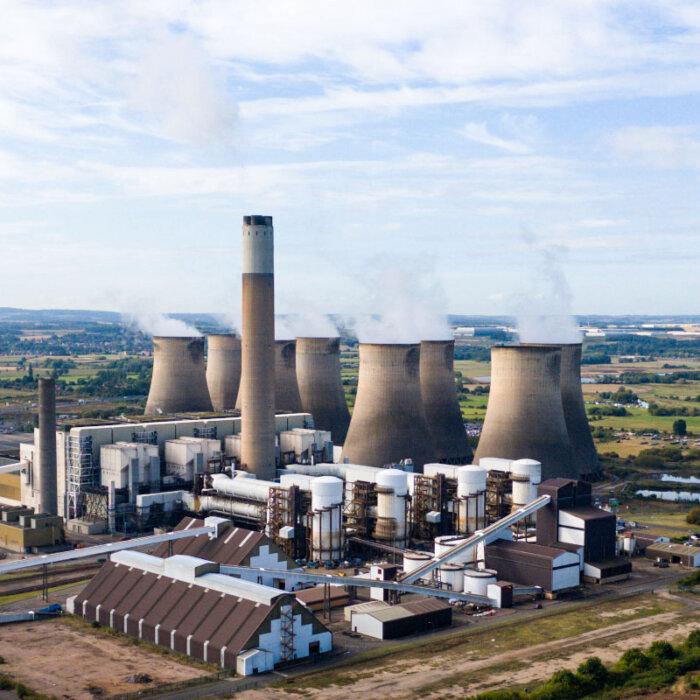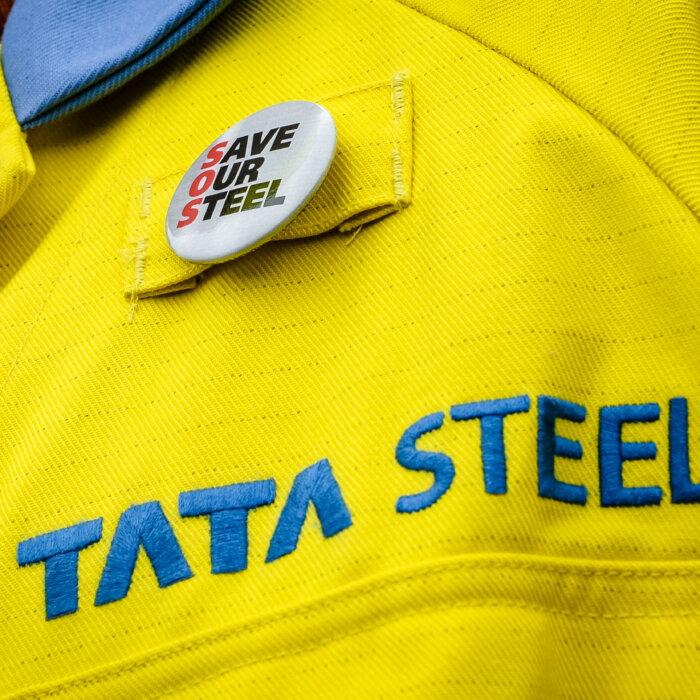The UK’s last coal-fired power plant is shutting down on Monday in Port Talbot, marking a move to electric arc steel production.
The transition to a green furnace is part of the UK’s net zero programme, which aims to decarbonise the economy.
The last remaining blast furnace at Tata Steel’s Port Talbot plant ceasing production marks the end of an era in the traditional method of steelmaking in South Wales. The Port Talbot blast furnaces use coke, a carbon-intensive fuel made from coal to produce steel. After the transition to electric arc furnaces, the plant will use electric currents to melt scrap steel or iron and produce steel.
Since its heyday during the 1960s, when more than 18,000 people were employed at Port Talbot’s Abbey steelworks, the site has undergone many changes, including strikes and job cuts. Indian conglomerate Tata purchased the steelworks in 2007.
The restructure at the Port Talbot site puts 2,800 jobs at risk, but the government vowed to support workers and local businesses which are heavily reliant on Tata Steel.
Following negotiations between Tata Steel and trade unions, employees leaving the business will receive a minimum redundancy payout of £15,000 plus a £5000 “retention” payment.
Under the deal, workers at risk of redundancy can also join a training programme to gain sought-after skills.
Business and Trade Secretary Jonathan Reynolds said that the deal gives “hope for the future” of steelmaking in South Wales.
“Steel is fundamental to the UK’s economy, sovereignty, and communities, but previous government inaction has blighted the steelmaking industry. That’s why this Government is taking strong action through a new deal and strategy which will reverse the industry’s stagnation and set out a long-term vision for a bright and sustainable future,” he said in a statement.
Secretary of State for Wales Jo Stevens vowed to back businesses and workers in Port Talbot and across South Wales.
‘Industrial Vandalism’
Commenting on the closure, Unite General Secretary Sharon Graham called the job losses an “act of industrial vandalism.”She said that years of under-investment have led to a situation where transitions are happening too late with too little money. Graham welcomed Labour’s commitment to invest in South Wales steelmaking, but warned that the union won’t accept anything less than security for Tata’s 5,000 jobs.
The government has confirmed that the new deal will come at no additional cost to taxpayers.
Ministers will be able to “claw back” investment, should Tata Steel not fulfil its commitments. If the company fails to retain 5,000 jobs across its UK business after the transition, the government will pursue increased penalty payments.
Unite is in ongoing negotiation with Tata about the second stage of investment, with talks about new processing lines and resultant jobs at Port Talbot and Llanwern to be held over the next 12 months.
Unite Regional Secretary for Wales Peter Hughes said that rebuilding a strong steel industry in South Wales is a priority.
“Unite will be unrelenting in fighting to achieve that,” he added.
Labour will publish a new strategy for the steel sector in spring 2025 after consultation with industry and stakeholders.
The government has pledged to accelerate the transition to net zero, launching GB Energy after winning the general election in July. A state-owned company to operate energy projects, GB Energy will be backed by £8.3 billion funding over the next Parliament.







